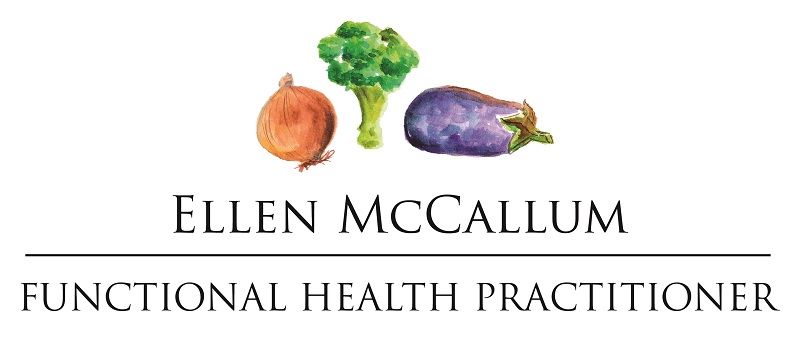
Different diseases with different treatments
All of us are exposed to the risk factors for cognitive decline and are helped or hindered by our genes, lifestyle experiences and choices.
What positive choices can we make to prevent or treat if we are concerned?
Diet
Dietary changes have more impact than any other factor. An organic, largely plant based diet with lots of non-starchy vegetables, healthy fats and moderate amounts of proteins is the basis. This approach reduces inflammation and promotes insulin sensitivity.
Fasting
Having extended periods of time not eating enhances the body’s ability to clean up dysfunctional cells, such as beta-amyloid and promotes mild ketosis as well as reducing insulin. This is usually accomplished by not eating for at least 12 hours between the last meal of the day and the first of the next as well as not eating for 3 hours before bedtime. Those carrying the APOE4 gene often benefit from longer periods of fasting, up to 16 hours per day.
Relaxation
Stress destroys neurons in the hippocampus, the part of the brain that helps create short- and long-term memory. It also boosts cortisol, a hormone that damages synapses and increases corticotropin-releasing factor a hormone linked to Alzheimer’s and depression.
Any relaxing enjoyable activity done daily will help, be it music, walking, yoga, tai chi, singing, being in nature….
Sleep
During sleep our natural detoxification processes flush the brain of toxic synapse damaging compounds. Poor sleep is strongly correlated with dementia (as well as anxiety and depression). Optimising sleep with good sleep hygiene, using supplemental support if needed and checking/resolving sleep apnoea if this is an issue are all important.
Exercise
Exercise produces brain derived neurotrophic factor, particularly needed in the hippocampus which has a large role in memory and learning. It also promotes blood flow to the brain and reduces inflammation.
Stimulate your brain.
Stimulating the brain through brain training exercises, games, learning a new skill or developing an existing one improves our ability to remember, pay attention, process information quickly and navigate our way through daily life.
Using a muscle builds muscle, the same goes for the brain, using synapses builds synapses – described by scientists as plasticity – the ability of the brain to change and grow.
Supplements & Herbs
Specific recommendations are beyond the scope of this article and it is crucial to be tested to understand one’s unique biochemistry. Frequently vitamin and mineral support is needed to support deficiencies and herbal treatments are helpful for reducing inflammation and the production of amyloid beta as well as enhancing neurotransmission and communication.
In the words of someone following her own protocol:
“My mother died of Alzheimer’s when she was relatively young, so I read Dr Bredesen’s book. I found it both reassuring as well as overwhelming.
Where do I start?
Luckily, I found Ellen who took time to understand my history in an empathic way. She then talked me through what tests I needed & when the results came back, she quickly appreciated why I got certain symptoms in a way that no other medical professional ever has.” Ruth




Leave a Comment